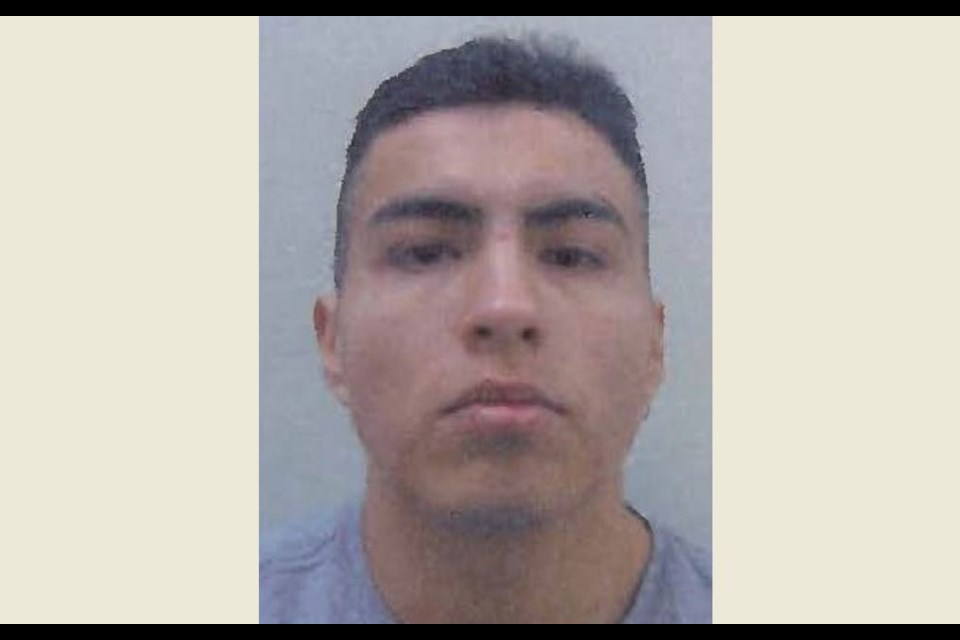THUNDER BAY — The man found guilty of second-degree murder for the 2018 stabbing death of 32-year-old Irene Barkman will remain in custody for at least 14 years.
Peter Keeash, 30, appeared before Justice Danial Newton in a Thunder Bay courtroom on Wednesday for sentencing.
In December 2022, Keeash was found guilty of second-degree murder following a five-day trial that opened the previous August. He was also found guilty of two counts of uttering threats to cause death and one count of forcible confinement.
A conviction on the charge of second-degree murder carries with it an automatic life sentence with parole ineligibility ranging from 10 years to 25 years.
Throughout the course of the trial, the court heard evidence of an incident on the night of Oct. 29, 2018 at a Dufferin Street residence.
First responders arrived at the residence at approximately 11 p.m. for reports of an unresponsive female, later identified as Barkman.
Paramedics located Barkman on the floor of the living room in a pool of blood. Despite emergency surgery performed at the Thunder Bay Regional Health Sciences Centre, Barkman succumbed to her injuries two days later.
The post mortem examination determined Barkman suffered four stab wounds to the neck and she died as a result of a lack of oxygen reaching the brain due to significant blood loss.
Witnesses inside the residence testified to Barkman and Keeash consuming alcohol and having an argument that escalated to Keeash attacking her. He was observed following the attack holding a knife and threatened to kill two other individuals inside the residence who were present.
During a sentencing submission hearing held in April, the Crown requested a period of 18 years of parole ineligibility, while the defense argued for a period of 12 years.
A pre-sentence report and Gladue report were ordered following the finding of guilt and detailed Keeash’s background of childhood trauma, mental health, and addiction issues.
Newton said Keeash’s status as an Indigenous person and his struggles with mental health and addictions factor into his moral blameworthiness as it relates to the offence.
“This was a seemingly random act of rage fueled by alcohol,” Newton said.
But Newton also noted that the Barkman was an Indigenous woman and her death had a significant impact on her family and community, as was detailed in a victim impact statement shared with the court by her mother.
Newton ruled that Keeash will be ineligible for parole for a period of 14 years. He was also sentenced to five years on the charges of uttering threats to cause death and forcible confinement to be served concurrently.
Keeash will also be required to submit a DNA sample and is prohibited from possessing any weapons for life. He is also not to have any contact with the victims or members of Barkman’s family while he serves his sentence.
